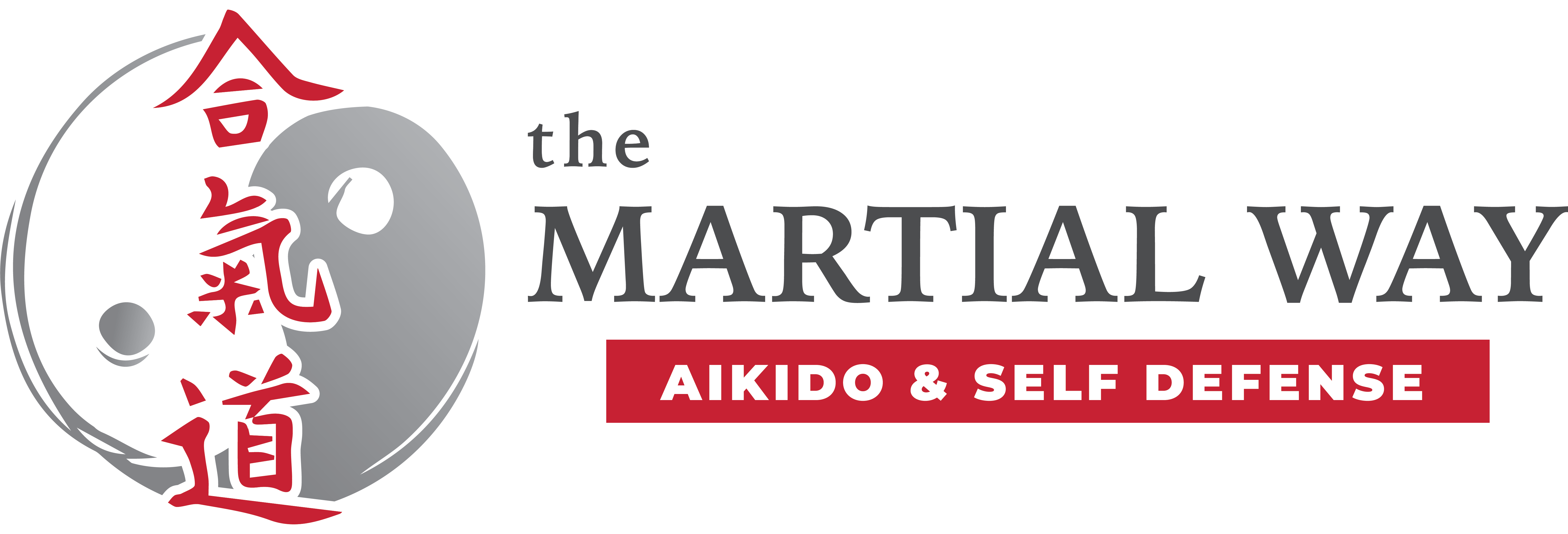Karate is an excellent form of self-defense. However, one must still be careful not to take it too far, as that may result in legal trouble.
Karate is a widely popular form of martial arts which originated from Japan, designed as a form of self-defense or attack. Other forms of martial arts such as Aikido, Brazilian Jiu-Jitsu, Judo, Krav Maga, Kung Fu, Muay Thai, Tae Kwon Do, and Tang Soo Do are also practiced for self-defense as well.
People who practice martial arts are especially trained to confront threats of harm and even death. Martial artists study and apply combat training techniques that are widely used for defense, military, and law enforcement. Some of the benefits of practicing martial arts also include physical, mental, and spiritual development. Many places such as the Karate Rochester, NY center offer karate classes for anyone willing to learn.
Aside from practicing karate on your own, with a sparring partner, or within a competition, the only legal way to use karate or any form of martial arts is for its purpose – not to purposely attack someone, but to defend oneself. When you need to use karate for self-defense, remember to only use the right amount of force to protect yourself or others.

Understand the difference between the type of forces. The amount of force needs to be “controlled, necessary, proportionate used to repel an incoming attack.” Avoid “excessive and disproportionate force that can lead you to intentionally hurt someone or for the purpose of killing” at all costs. Using excessive force can land you in jail.
The use of martial arts outside the confines of a fitness center or dojo may have serious repercussions such as potential criminal and civil liabilities. To avoid these, it is better to try to diffuse and neutralize the threat first before trying to use force.
Remember that a person practicing martial arts who wrongfully uses his or her skills can be arrested and charged with criminal assault. Misdemeanor assaults can result in fines and probationary charges, but felony assault charges can result in long-term incarceration in a state or even federal prison. Killing someone, even unintentionally, can result in life imprisonment.
